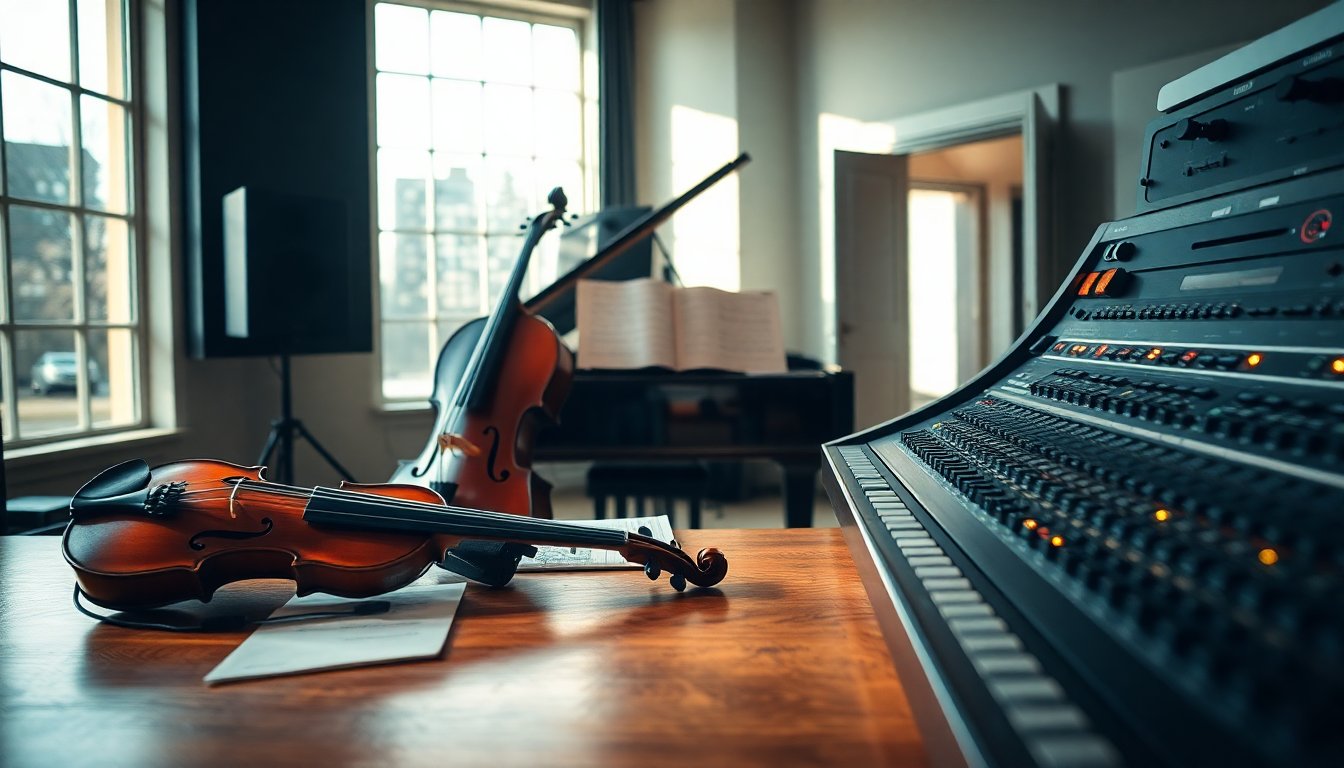Table of Contents
Recent budgetary reductions to public radio stations may pose significant challenges for classical music enthusiasts across the nation. These cuts jeopardize the survival of many beloved programs and threaten to silence the rich traditions associated with this genre. The implications for classical music communities could be profound and far-reaching.
Public radio has historically served as a cornerstone for classical music, offering a platform for both established and emerging artists. However, dwindling funding from various sources severely undermines these stations’ ability to deliver high-quality programming. This situation raises critical concerns about the future of classical music in America.
The role of public radio in classical music
For decades, public radio has been essential in promoting and preserving classical music. These stations provide audiences with access to a diverse range of performances and educational content, fostering a deep appreciation for the genre. With programs that showcase everything from symphonic masterpieces to contemporary compositions, public radio has been crucial in keeping classical music alive and relevant.
Educational initiatives and outreach
Beyond broadcasts, many public radio stations engage in educational initiatives aimed at nurturing future generations of classical musicians. Through partnerships with local schools and community organizations, public radio offers workshops, live performances, and discussions that demystify classical music. This outreach is instrumental in cultivating an audience that values and supports the genre.
The repercussions of funding cuts
As funding sources shrink, public radio stations face tough decisions regarding their programming schedules. The potential elimination of classical music shows could have detrimental effects on both listeners and artists. Many stations may be compelled to prioritize programming that attracts larger audiences, potentially sidelining classical music in favor of more commercially viable genres.
Moreover, the loss of dedicated classical music programming may alienate longtime listeners who rely on these broadcasts for their musical education and enjoyment. The emotional and cultural significance of classical music cannot be overstated; it represents not just a genre but a rich tapestry of human experience, history, and creativity.
Community support and advocacy
In light of these challenges, community support emerges as a vital component in preserving classical music on public radio. Advocacy efforts that encourage listeners to voice their concerns and support funding initiatives play a crucial role in ensuring these programs continue to thrive. Local communities can rally around their public radio stations, emphasizing the importance of classical music and its cultural impact.
The future landscape of classical music
The potential decline of classical music programming on public radio may lead to a fragmented musical landscape. With fewer platforms available for classical music, emerging artists may struggle to gain exposure, while established musicians could find it increasingly difficult to connect with audiences. The ripple effects of these funding cuts could ultimately reshape the entire classical music ecosystem.
Additionally, the digital age presents both challenges and opportunities. While streaming services and online platforms offer alternative avenues for classical music distribution, they often lack the curation and educational components that public radio provides. This shift could result in a diminished appreciation for classical music, as audiences may be less likely to discover new works without the guidance of knowledgeable hosts and programmers.
Importance of preservation
As we look towards the future, preserving the legacy of classical music becomes more important than ever. The impact of public radio cuts extends beyond immediate financial constraints; it can fundamentally alter how the genre is perceived and experienced. Therefore, it is essential for stakeholders, including artists, listeners, and policymakers, to collaborate and advocate for the continued support of public radio as a vital resource for classical music.
Public radio has historically served as a cornerstone for classical music, offering a platform for both established and emerging artists. However, dwindling funding from various sources severely undermines these stations’ ability to deliver high-quality programming. This situation raises critical concerns about the future of classical music in America.0


